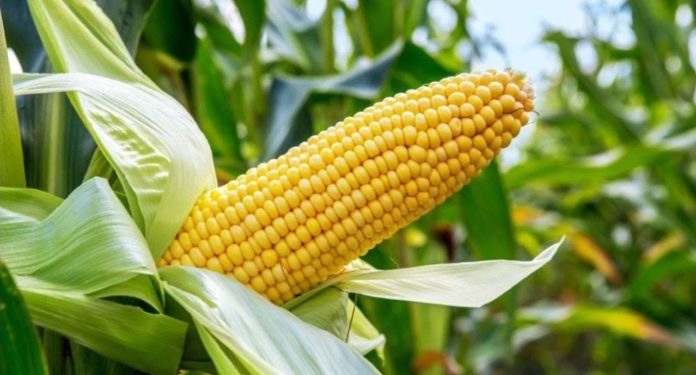Nigeria has approved the commercial release of transgenic insect-resistant and drought-tolerant maize varieties, known as TELA maize, marking a significant step toward advancing food nutrition security. The approval was granted by the National Committee on Naming, Registration, and Release of Crop Varieties, Livestock breeds/Fisheries (NCNRRCVLF) at its 33rd meeting at the National Centre for Genetic Resources and Biotechnology (NACGRAB) in Ibadan on January 11, 2024.
Experts in the agriculture sector have hailed this development, emphasizing its alignment with the federal government’s agricultural transformation agenda. The TELA maize varieties are designed to be resistant to insects and drought, contributing to improved crop yield and resilience.
Dr. Canisius Kanangire, the Executive Director of AATF (African Agricultural Technology Foundation), expressed the organization’s unwavering commitment to addressing challenges faced by farmers across the continent. Prof. Garba Sharubutu, the Executive Secretary of the Agricultural Research Council of Nigeria (ARCN), highlighted the critical milestone achieved in ensuring food and nutrition security and improving the livelihoods of farming households in Africa.
Prof. Mustapha Abdullahi, the Director-General of the National Biotechnology Development Agency (NABDA), celebrated the release of TELA maize, emphasizing that it would lead to a reduction in the use of pesticides on maize, benefiting humans, livestock, and the environment.
Dr. Sylvester Oikeh, the TELA Maize Project Manager, applauded the decision by Nigeria and called on other African countries to follow suit. He commended the scientists for their hard work and dedication, expressing optimism about the positive impact of TELA maize on farmers.
The TELA Maize project involves collaboration with various partners, including National Agricultural Research Institutes in Kenya, Mozambique, Ethiopia, and South Africa, the International Maize and Wheat Improvement Center (CIMMYT), Bayer, and funding from the Bill and Melinda Gates Foundation and USAID. The Institute for Agricultural Research (IAR) Samaru, Ahmadu Bello University Zaria, led the development of the improved maize varieties through the TELA Maize Public-Private Partnership coordinated by AATF. AATF, as an international not-for-profit organization, is dedicated to empowering smallholder farmers across Sub-Saharan Africa with innovative agricultural solutions to enhance food and nutrition security, contributing to the health and wealth of communities.










